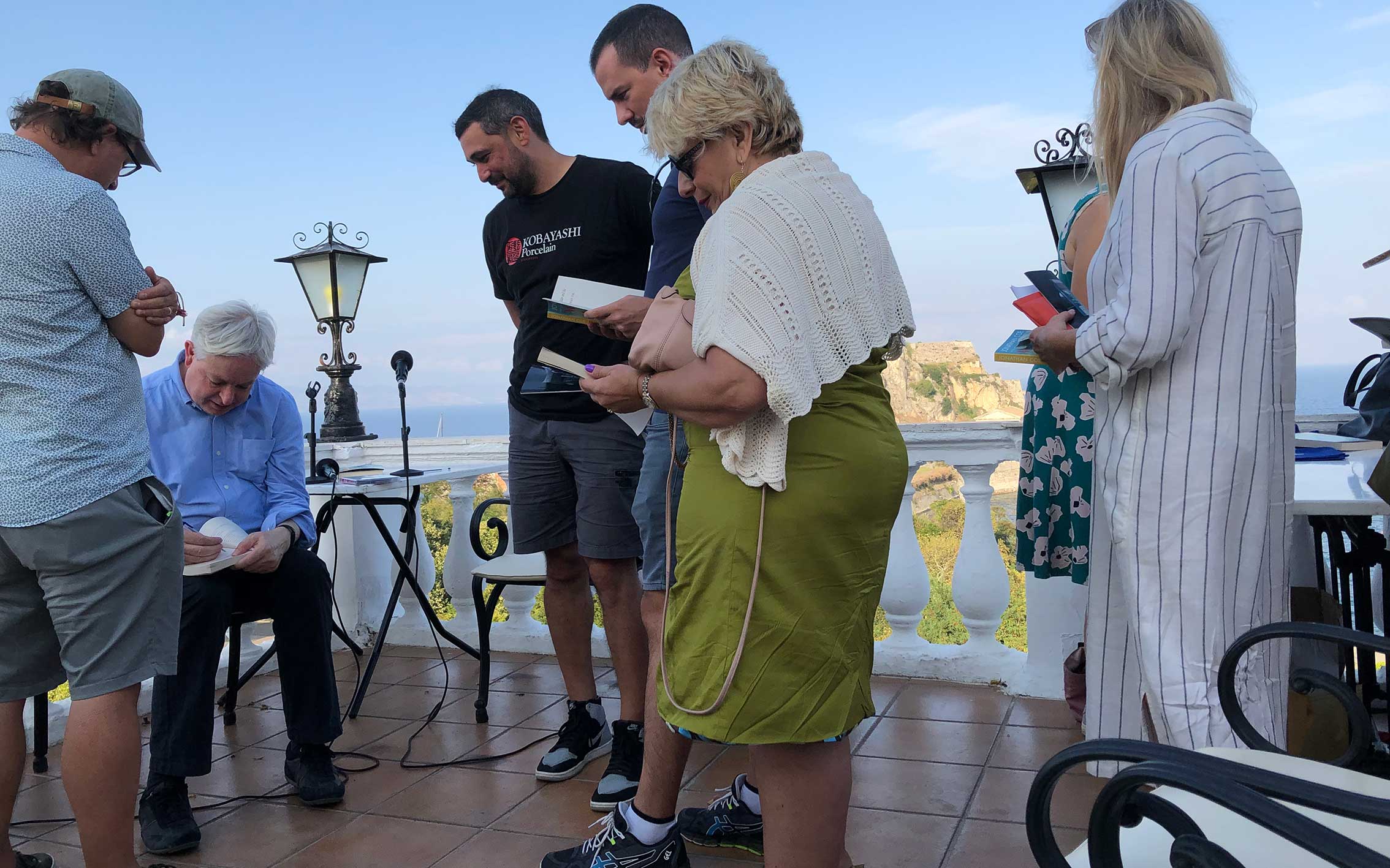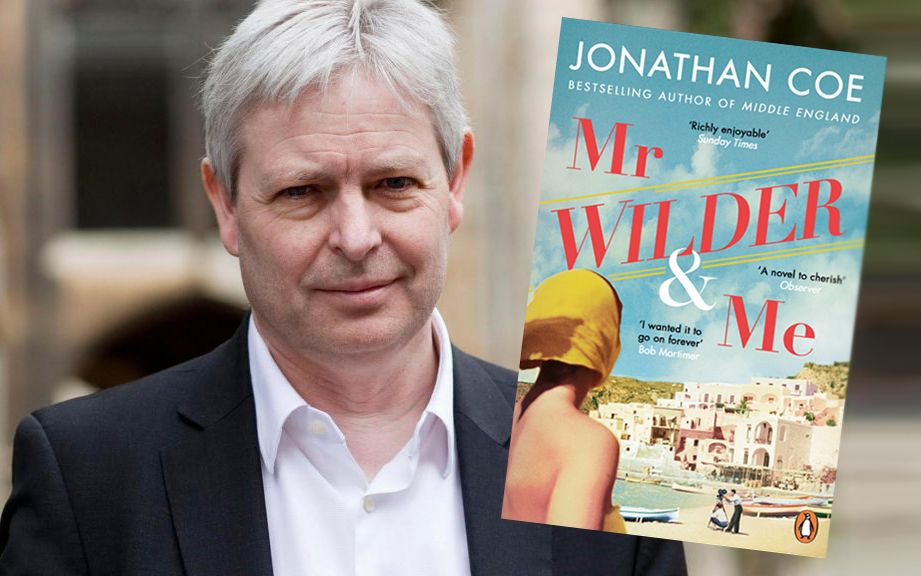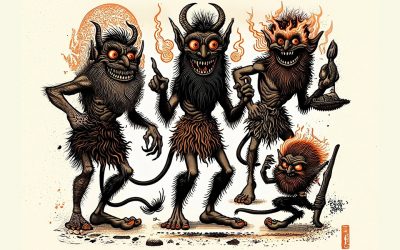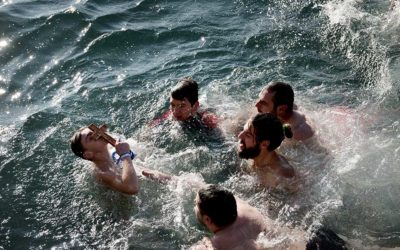The acclaimed novelist speaks about his latest work and discusses his favorite film director.
The English writer Jonathan Coe is most famous for his political satires, but his latest book, “Mr. Wilder & Me,” was motivated by another one of his passions, his love for film and, more particularly, the admiration he has for one of his favorite filmmakers, Billy Wilder.
In the book, Coe’s narrator, a middle-aged Greek film composer named Calista, recalls being young and working with the director on the production of one of his last films, “Fedora,” which unfolds on the island of Corfu. The book shares some themes with the film; in “Fedora,” career and aging are central to the story of an actress who condemns herself and her daughter to misery as she tries to maintain her beauty and fame; and in “Mr Wilder & Me,” both Calista and the famed director are at a crossroads in their careers and finding it hard to keep up with the times.
I met with Coe, who was in Greece to speak at the Corfu Literary Festival, in the square in front of the Cavalieri Hotel – the very same spot where the first scenes of Wilder’s “Fedora” were shot, and where the author’s heroine watched it happen.
Would you like to start by telling me a little about where the inspiration for “Mr. Wilder & Me” came from, and how you chose your heroes?
Of course. I’ve loved Billy Wilder and his films since I was a teenager, and one of the first films of his I saw is one of his least-known ones – “Fedora.” I saw it when it was released, in 1979 in the UK. And then… the film disappeared. It became a sort of lost film. In fact, nobody knew where the negative was, so there were no good prints in circulation and it wasn’t shown on any TV channels. So this film was always sort of a mystery, but I remembered it very vividly.
I always knew that I wanted to write a book about Billy Wilder, and I made the decision for it to be a novel, not an essay or a biography, because I felt in that way that I could get closer to him, and with my imagination maybe bring the readers closer to him as well. Then, reading books about him, I became very interested in the stories around the making of this film. I wanted to write a book that would examine him as an American filmmaker but also as a European filmmaker, because he was both, and this film brought him back to Europe, to Greece and to France and to Germany…
I’ve seen this film many, many times – especially the opening scenes, which are all shot on Corfu. I’ve remembered these scenes vividly since 1979, and so to be here in Corfu Town now for the first time, and to see the places where these very memorable scenes were shot, is very moving.
Wait – did you say this is your first time here?
Yes – I didn’t come here to research the book. Today is my first time here. Not in Corfu, but in this town.
That’s incredible. How did you manage to describe Corfu Town so well without having been here? You’re laughing; is that funny?
Google images!
So, I’m staying in the Cavalieri Hotel. I feel very familiar with it, because I’ve seen it in the film, and of course, William Holden walks down those steps there, and sits here in this spot, but then, when he goes back into the hotel, we’re actually in Germany, because all the interior scenes were shot there. That’s not the reception we see in the film, that was all built as a set.
So, you know, now when I watch the film, I don’t see it as a story on the screen, I’m thinking “Now he’s in Germany, and this bit was filmed in Paris…”.
But do you like the story? I’m asking because, just as some people in your book question why Billy Wilder chose to make that story into a film, some people are now asking why you would choose it.
Right. It’s not a very famous or popular film, and if we’re being completely objective, it’s not a very good film.
Maybe I’m projecting backwards onto my younger self, but I was so enthusiastic about Billy Wilder when I was 17 or 18 that the release of his new film was a huge event for me. To me, it was the most important thing happening in cinema that year.
I went to the screening in my hometown, in Birmingham, and there were four people in the audience! Even then, I felt a great sadness when I realized that he was no longer as successful as he’d been. When I was reading about the making of the film, remembering that gave an added poignancy to it. He was struggling. My book doesn’t actually say that much about the film – it hardly even says what the story is, but that’s not what interests me. It’s about a person’s struggle to express himself one more time.
When Calista is reading the script for the film, she doesn’t like it, and she says that she always has trouble believing a character that’s supposed to be famous, because, if they were famous, she would already have heard of them. Is that what you think – is that why you choose to write real-life celebrities into your work?
Yes, absolutely! That’s me speaking.
I don’t normally express my own opinions in my novels. I like getting inside different characters’ heads and saying things that I don’t believe myself, but Calista is very close to me. Although she’s Greek and she’s female, her personality is very similar to how I was when I was twenty years old. I was also very shy, inexperienced, and quite young for my age, and I think if I’d met Billy Wilder at her age, I would have behaved around him a bit like she does.
And yes, that thing she says is true, I think. There’s always something fake to me about a film or book about a famous person that doesn’t exist.
It pulls you out of it.
Yes, exactly, and I think Billy Wilder would’ve normally agreed. When he made “Sunset Boulevard,” he had as many real figures in it as he could playing themselves. Fedora, on the other hand, doesn’t exist, so it was impossible to believe that story right from the start.

Jonathan Coe signs copies of Mr Wilder & Me at the rooftop restaurant of the Cavalieri Hotel, during the Corfu Literary Festival.
© Alkistis Triberi
So, Corfu inspired a short story, which inspired a film, which inspired your book. Personally, I’m inspired by this sort of parallel fictional universe that appears when characters from different works occupy the same, real, small-town setting. We can walk down the same streets as they do, but they’re not here…
Right.
But there are also real people in their world. Billy Wilder is in there with Fedora and Calista now. If we were to get really philosophical, if someone were to write about you and me sitting here talking about this in this very place, then we would enter that world, too.
Yeah, well, I thought it would be a very simple book. It’s one of my shortest books, and I wrote it rather quickly, in about five or six months. But I realize now in retrospective that it’s not a very simple book. As you say, the layers of reality kind of multiply… Also, the time frame shimmers a little bit as well, because you have Calista in later life looking back on Billy Wilder in his later life who’s meeting her in her younger life. And actually, one of the best things in “Fedora,” the movie, is looking back to Hollywood in the 1940s! So, in a way, these three layers of fiction take you all the way back to then.
I’ve been thinking about it, and I believe it happened that way because, while all my recent books have been new ideas – books that I’ve conceived and then written over a two-year period, this book has, in one way or another, been coming since I saw the movie in 1979. It has a lot of my own layers of experience built into it, I guess. I wasn’t really aware of that when I was writing it. I just wrote it, and it was such an enjoyable book to write! Anyway, now that it’s done and I’ve moved onto something else, readers are talking to me about it and I’m realizing that there are more layers to the book than I intended – not because it’s a great piece of work, but because it had gestated for such a long time.
You have lucky books, and they don’t come along that often, so I kind of know that the book I’ve started now isn’t going to be as fun to write… and it’s probably not going to be as good as this one either, but you just have to push that thought to the back of your mind and press on with it. I have a lucky book every ten years or so.
Will you say anything about the next book?
Like my previous book, Middle England, it’s a political story about Britain today, but seen from the perspective of recent history. It begins in 1945 and comes up to the present day.
Before I let you go – what’s your impression of Corfu Town? Is it as beautiful as you’ve been imagining it?
Of course, it’s beautiful! I’m just a tourist here, but from what I’ve seen thus far – it’s lovely, and my readers have made me feel very welcome. I came yesterday and I’m leaving tomorrow, and I don’t know Greece as well as I should, but I do want to come back now.









